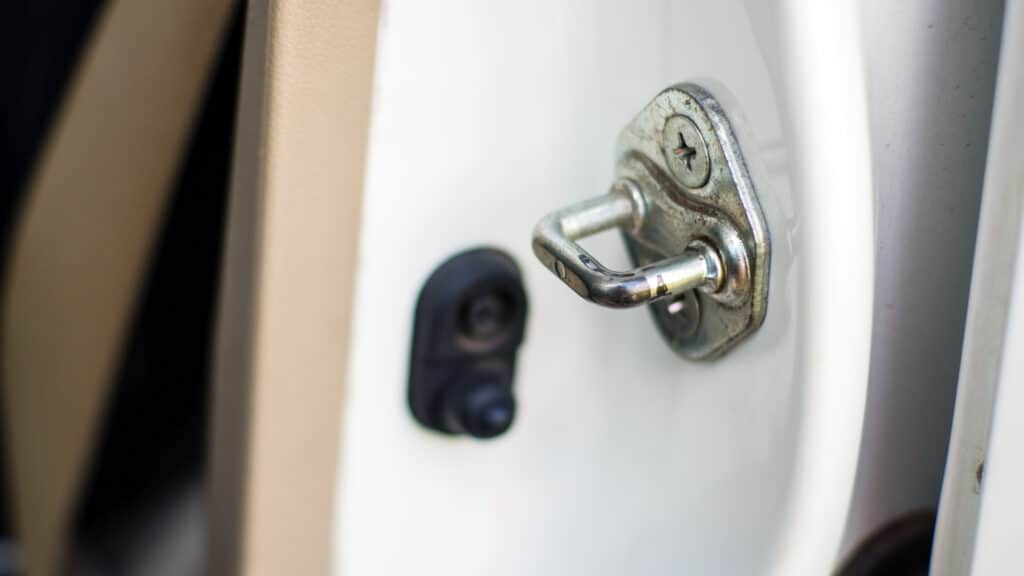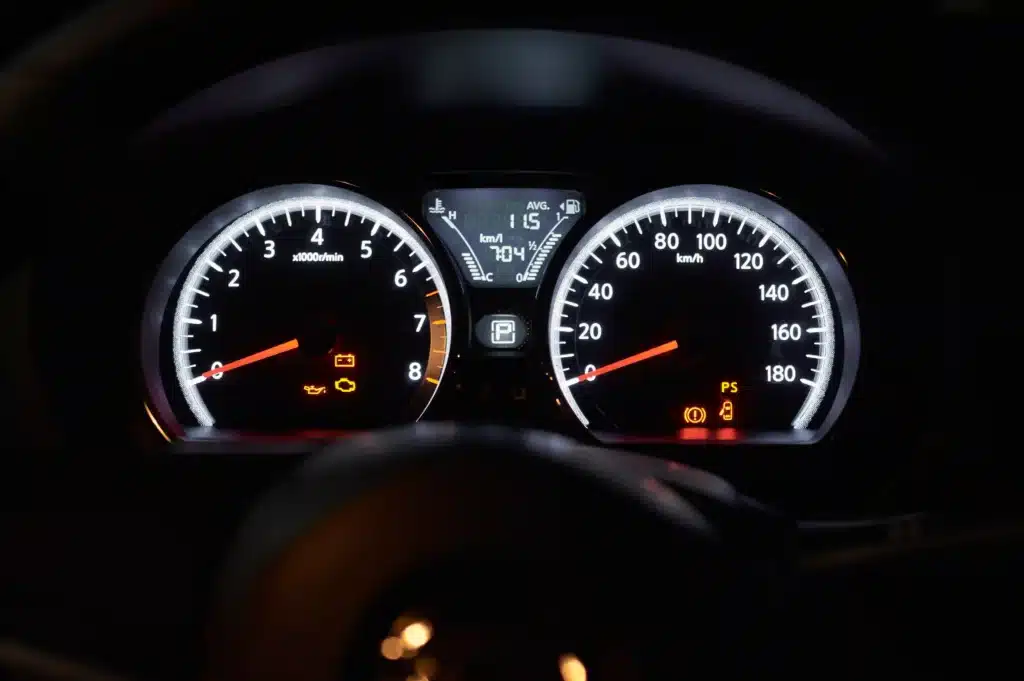Your Guide to NHTSA Investigations
Home » Auto Buying Guide » Your Guide to NHTSA Investigations

When a defect appears in a vehicle, a consumer may submit an anonymous complaint to the National Highway Traffic Safety Administration (NHTSA) about their vehicle. Sometimes, a particular vehicle model may receive numerous complaints about the same problem. If a vehicle model receives enough reports of a recurring problem, those complaints may trigger an investigation. NHTSA determines whether an investigation is launched, and NHTSA’s Office of Defects Investigation (ODI) is in charge of carrying it out.
The investigation is split into two phases: the Preliminary Evaluation (PE) phase and the Engineering Analysis (EA) phase. During the PE phase, NHTSA reviews complaints and technical service bulletins (TSBs). From this review, NHTSA determines whether the investigation will end or move into the EA phase. If the investigation is upgraded to an EA, the ODI may conduct inspections, tests and surveys, as well as gain more information from the manufacturers. If a defect is found, NHTSA will issue a recall.
Sometimes, investigations are carried out to ensure that manufacturers are issuing recalls appropriately.
In such a case, a Recall Query (RQ) will determine if a recall should be expanded or if remedies need to be adjusted. The NHTSA may be petitioned to conduct this type of investigation as well.
Curious about any investigations for a particular vehicle model? You can search through NHTSA’s database. Click the “vehicle” tab and search by year, make and model. Once the results appear, click the number in the row of your desired vehicle and in the column titled “Investigations.” If you prefer to use its “SaferCar” app, the information can be obtained there as well.
The number will take you to a list of investigations that target the particular vehicle model. Investigations can be narrowed down by affected components, such as air bags and seat belts. Each entry will have a summary that describes the defect, lists the vehicles affected, dates the investigation and lists whether the investigation is still open. Along with each entry are associated recalls and documents such as ODI resumes and communications between NHTSA and the manufacturers.
Also included in each vehicle’s NHTSA listing are complaints, recalls and manufacturer communications.
Lemon Law Help by Knight Law Group is an automotive lemon law firm that exclusively practices in California, with offices in Los Angeles, San Francisco, Sacramento and Orange County. If you are a California resident who purchased or leased a defective vehicle from a licensed dealership in California, we may be able to help you get rid of your potential lemon and recover significant cash compensation. Model year restrictions apply: 2020–Present vehicle models only.
However, we cannot help those who reside outside of California or purchased their vehicle outside of California unless they are active duty members of the Armed Forces, nor will we be able to refer them to a lemon law firm in their states.
To learn more about the California Lemon Law and your legal rights, visit our guide on the California Lemon Law for more information.
Do You Have A Lemon Vehicle?
"*" indicates required fields





